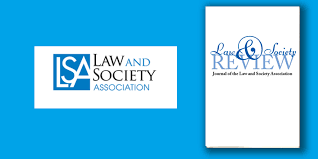
IILJ Fellow Paul Mertenskötter and co-author Dr. Tim Dorlach just published their article ‘Interpreters of International Economic Law: Corporations and Bureaucrats in Contest over Chile’s Nutrition Label‘ in the September 2020 issue of Law & Society Review.
This article analyzes the everyday interpretive practices of corporations and bureaucrats that shape the meaning and force of international economic law. To understand how common practices such as public consultation submissions, corporate threat letters, and external legal assistance influence regulators’ understanding of their “legally available” policy space, the authors studied the contested introduction of a pioneering nutrition labeling regulation in Chile. The transnational food industry powerfully challenged the regulation’s legality under World Trade Organization law. But Chilean health bureaucrats, in coordination with segments of the country’s legally highly competent economic bureaucracy, effectively defended the legality of their proposed regulatory measure.
Drawing on data from freedom-of-information requests and in-depth interviews, the authors argue that the outcomes of such interpretive contests are substantially shaped by participants’ knowledge of the entitlements created by international economic law and thus by the international legal expertise they have access to. This often but not always puts transnational corporations at an advantage over national regulators in the strategic interpretation of international economic law.

